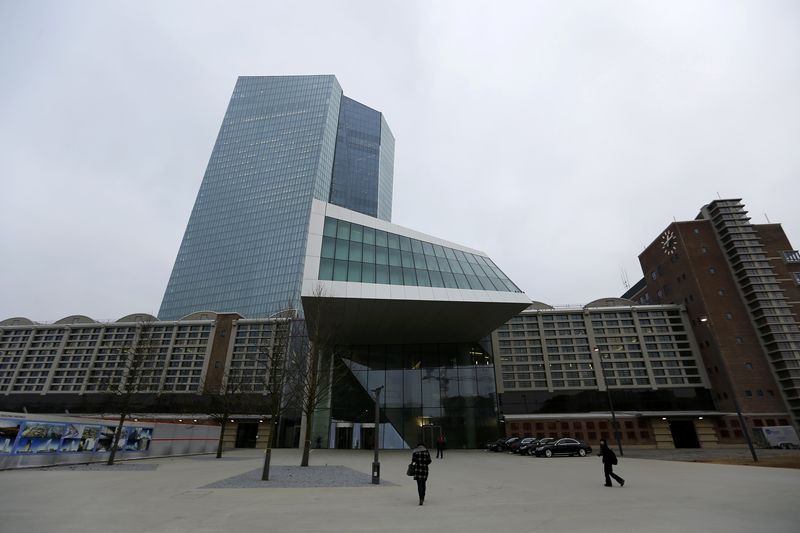By Geoffrey Smith
Investing.com -- The euro hit its highest level against the dollar in nine months as U.S. economic data invited speculation on a dovish pivot from the Federal Reserve, while European Central Bank officials continued to insist on the need for significant interest rate increases.
By 10:00 ET (15:00 GMT), the single currency was at $1.0862, up 0.7% on the day, after rising as high as $1.0887 earlier.
The latest leg up came from much weaker-than-expected producer price inflation and retail sales data from the U.S., which analysts said was proof that the U.S. economy is now cooling rapidly. U.S. bond yields fell sharply in response to those data, reducing the relative attractiveness of the dollar over the euro.
The benchmark 2-Year Treasury note, which is closely correlated to expectations of Fed interest rates, fell 9 basis points to 4.11%, its lowest since early October in response. The 10-Year note, a reflection of longer-term inflation expectations, fell even more, by 14 basis points to 3.40%.
While long-dated Eurozone sovereign yields fell in line with Treasuries, benchmark short-term rates hardly moved, after comments from Bank of France Governor Francois Villeroy de Galhau and his Finnish counterpart Olli Rehn stressing that the ECB still needs to raise its key interest rates to bring inflation down.
Villeroy told Bloomberg that while he expects inflation to peak in the first half of this year, the guidance from ECB President Christine Lagarde for a 50 basis-point hike in February is "still valid". He also pushed back against a report on Tuesday citing unnamed officials as pressing for a slower pace of rate hikes after February.
"We must stay the course," Villeroy said, pointing to recent data showing that the Eurozone economy has performed better around the turn of the year than seemed likely a few months ago. That is due largely to mild weather that reduced energy demand, bringing down to more manageable levels prices for gas and electricity that had threatened to cripple European industry.
"Activity is more resilient than expected and we should avoid recession this year,” Villeroy said.
Separately, Bank of Finland Governor Rehn told the newspaper Helsingin Sanomat that "significant interest rate increases in the near-term monetary policy meetings are justified in order to keep inflation expectations under control," with the newspaper going out of its way to define "significant" as 50 basis points or more.
After eight years of keeping its key rate below zero to stave off deflation, the ECB raised its rates by 250 basis points last year. Its deposit rate, which still acts as a floor for Eurozone market rates, now stands at 2.0%.
The ECB's governing council next meets on February 2nd.
